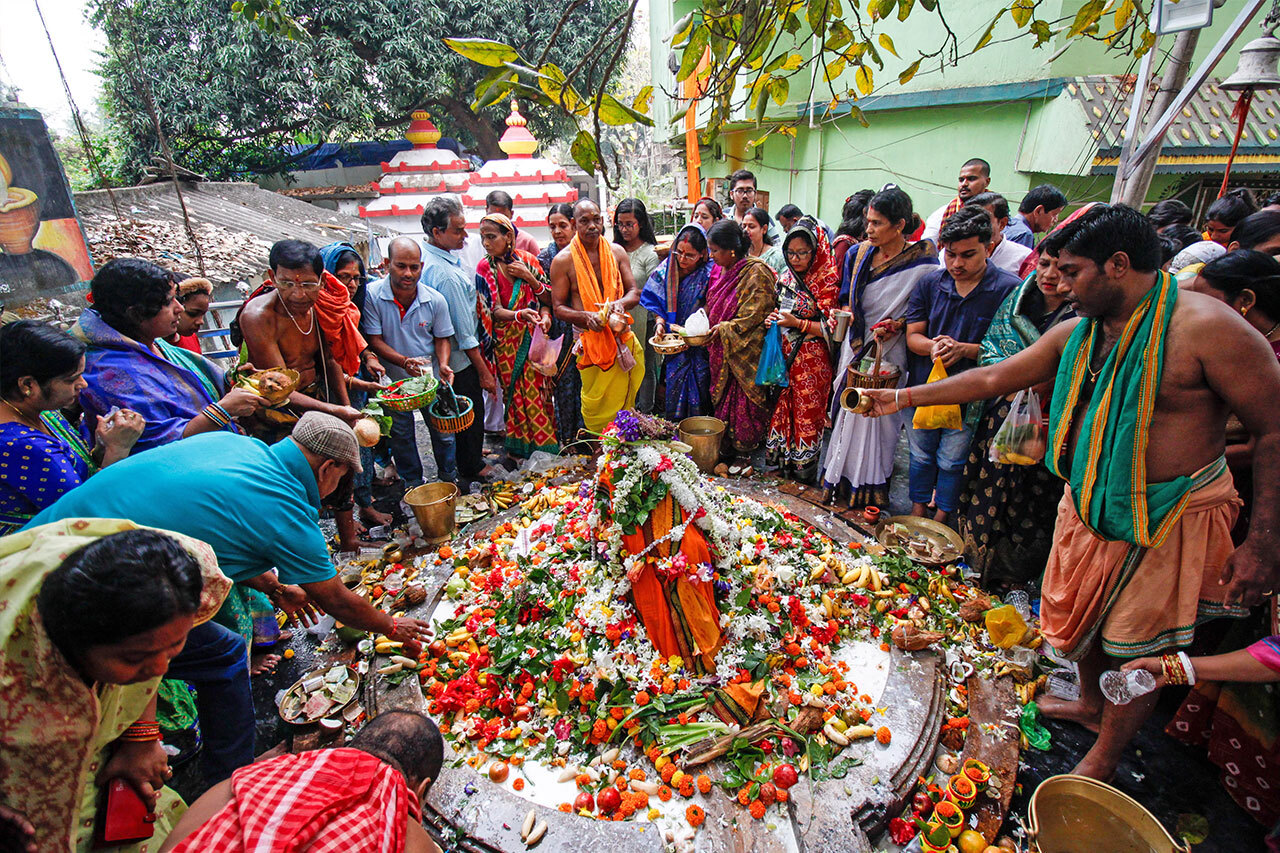
Mahashivaratri Preparations A Spiritual Journey of Readiness
- utsavhub.com
- 25 April 2024
- Festival Preparation Tips
- 0 Comments
Mahashivaratri, the great night of Lord Shiva, holds immense significance in Hinduism as a time for deep spiritual reflection, devotion, and worship. As devotees prepare to honour the divine through sacred rituals and observances, meticulous preparations are undertaken to ensure the sanctity and solemnity of the occasion. In this guide, we explore the spiritual journey of readiness for Mahashivaratri, encompassing the purification, dedication, and reverence that define this auspicious festival.
Understanding the Spiritual Essence of Mahashivaratri
Mahashivaratri, falling on the 14th day of the dark fortnight (Krishna Paksha) in the Hindu lunar month of Phalguna or Magha, commemorates the cosmic dance of Lord Shiva, the destroyer of evil and the embodiment of cosmic consciousness.Devotees observe fasts, perform rituals, and engage in meditation to honour Lord Shiva and seek his divine blessings for spiritual growth, inner peace, and liberation from the cycle of birth and death.Mahashivaratri is a time for introspection, self-discipline, and surrender to the divine will, as devotees embark on a journey of self-discovery and spiritual awakening.
Purification of Body, Mind, and Spirit
Purification rituals play a crucial role in preparing for Mahashivaratri, as devotees cleanse their bodies, minds, and spirits of impurities and negativities.Fasting is observed as a means of purifying the physical body and disciplining the mind, while abstaining from negative thoughts and emotions helps create a conducive environment for spiritual practices.Devotees undertake acts of charity, selflessness, and forgiveness to purify their hearts and cultivate virtues such as compassion, humility, and devotion.
Intensified Sadhana (Spiritual Practice)
In the days leading up to Mahashivaratri, devotees intensify their sadhana (spiritual practice), including meditation, chanting of sacred mantras (such as Om Namah Shivaya), and recitation of hymns in praise of Lord Shiva.The practice of japa (repetition of a divine name or mantra) helps focus the mind and cultivate inner awareness, leading to a deeper connection with the divine.
Preparation of Offerings and Puja Items
Devotees prepare offerings such as milk, water, honey, bael leaves, and fruits to be offered to Lord Shiva during the Mahashivaratri puja (ritual worship). Puja items such as idols or images of Lord Shiva, flowers, incense sticks, camphor, and sacred thread (rudraksha mala) are arranged on a puja thali or plate.
Invoking the Divine Presence
On the day of Mahashivaratri, devotees wake up before sunrise and take a holy bath to purify themselves. The rituals commence with the offering of Abhishekam (sacred bath) to the Shiva Lingam, followed by prayers, chants, and bhajans in praise of Lord Shiva.
As devotees prepare for Mahashivaratri, they embark on a sacred journey of purification, dedication, and reverence, seeking to attain the divine grace of Lord Shiva. By immersing themselves in spiritual practices, rituals, and acts of devotion, they awaken the inner Shiva within and experience the bliss of union with the supreme consciousness. As we prepare for Mahashivaratri, may we purify our hearts, deepen our devotion, and awaken to the eternal presence of Lord Shiva within us. Har Har Mahadev!






